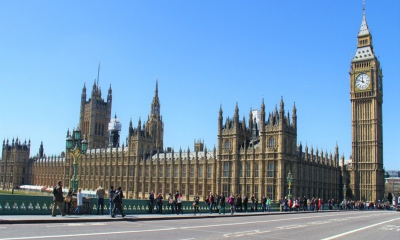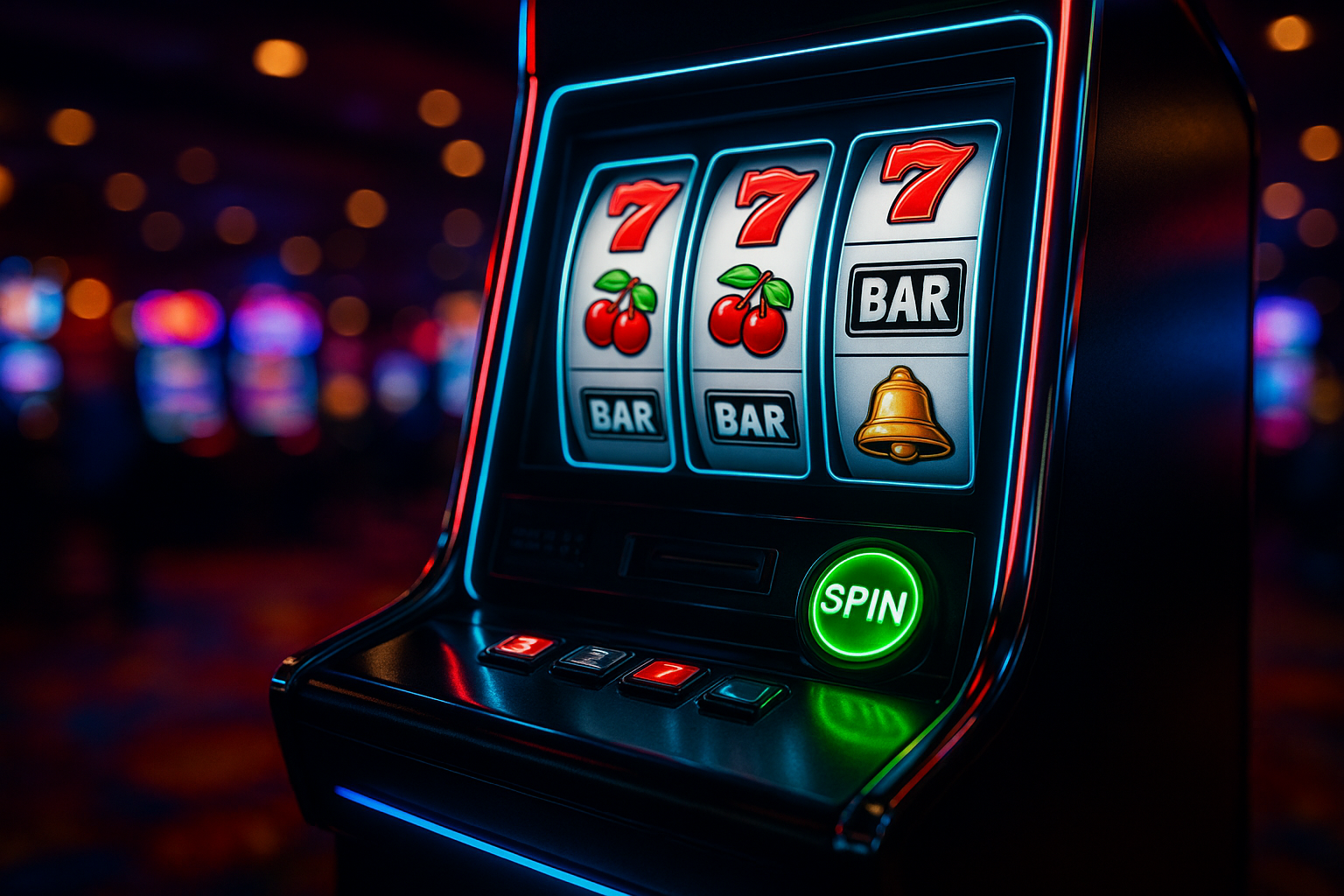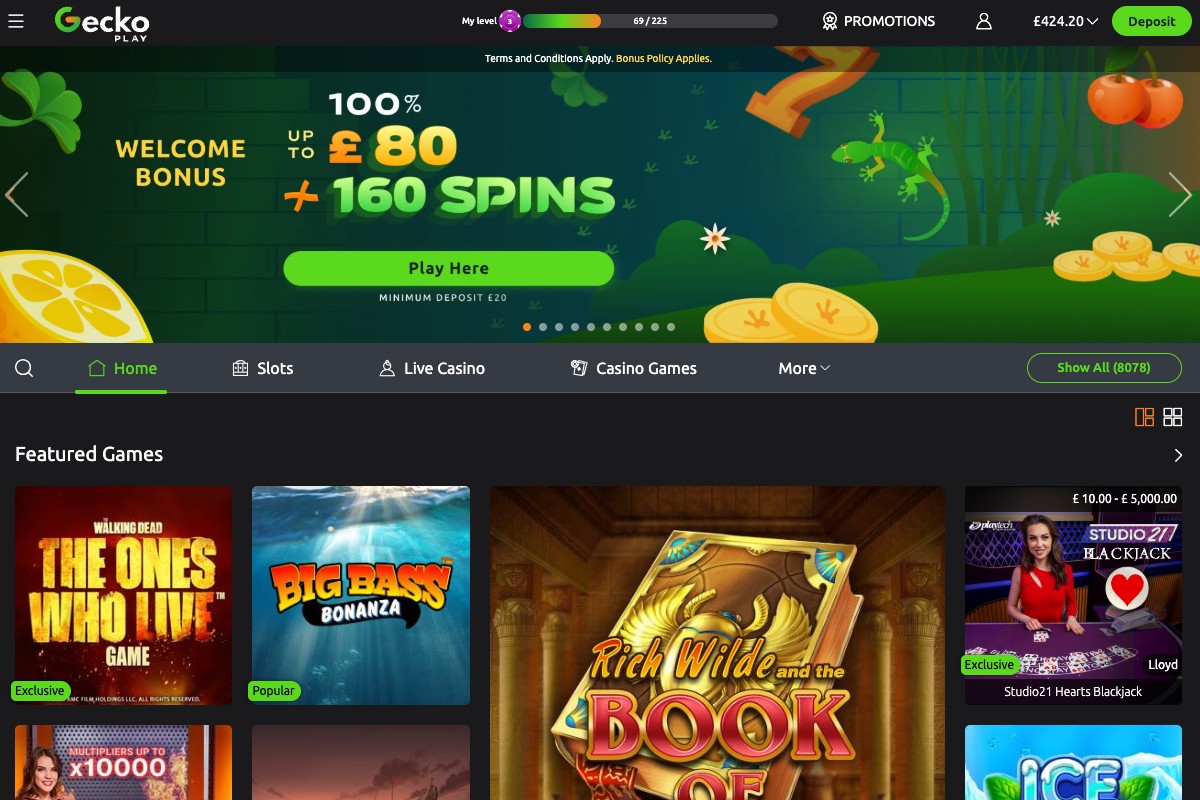Gambling in the USA
Sports gambling advocates see opening in court case

Iowa gaming group drafts legislation in preparation for ruling
A case argued this week before the U.S. Supreme Court could — depending on how justices rule — open the door to legalized sports gambling in any state that approves it.
A nonprofit trade organization that supports Iowa’s casinos plans to draft legislation legalizing sports gambling in the state should the court rule in its favor.
“I think there’s a great deal of interest among people (who want) the opportunity to bet on a game and do it in a regulated environment,” said Wes Ehrecke, president and chief executive of the Iowa Gaming Association. “If and when this were to be passed, to have that opportunity to provide this opportunity in Iowa, I think a lot of people have a great deal of interest in sports and betting on sports.”
Indeed, interest in sports wagering is not in short supply. Americans illegally wager $150 billion on U.S. sports annually, estimates the American Gaming Association, which supports legalized sports betting. Of $4.7 billion wagered on last season’s Super Bowl, 97 percent was illegal, the group estimates.
Only four states — Nevada, Montana, Delaware and Oregon — are allowed to facilitate sports gambling under a 1992 federal law.
That law has been challenged by New Jersey in a case that was heard Monday by the U.S. Supreme Court.
Should the court rule in favor of New Jersey, all states would be free to legalize sports gambling.
The Iowa Gaming Association wants to be prepared. Ehrecke said his organization plans to draft such a bill and hopes it gets introduced in the upcoming legislative session.
If the court has not yet ruled before the legislative session ends, Ehrecke said lawmakers could approve a bill with the proviso that it depends on the ruling.
“We would be interested in getting legislation adopted to legalize sports betting in Iowa at our casinos and regulated by our gaming commission,” Ehrecke said.
Iowa is among 32 states that are most likely to legalize sports gambling within five years of a Supreme Court ruling favorable for the states, according to a study from the California research firm Eilers & Krejcik Gaming, the Associated Press reported.
Legalized sports wagering could provide a financial boon to Iowa’s casinos and the state, assuming it would tax legal sports wagering. Although state estimates are not available, Eilers & Krejcik estimates a legal sports gambling market would be worth more than $6 billion, the AP reported.
“It’s going to generate revenue for the state as well,” Ehrecke said. “That would go to more worthwhile causes, like our gaming revenue, and tax revenue, does now.”
Opposing New Jersey in the high court case are the professional sports leagues and the NCAA, which believe nationwide legal sports gambling would hurt the integrity of their games, according to arguments they made in court.
Spokesmen for casinos in Sioux City, Waterloo and Davenport either declined to comment or did not respond to requests.
Officials at the University of Iowa, Iowa State University and the Board of Regents, which governs Iowa, Iowa State and the University of Northern Iowa, said they had no comment.
A key state lawmaker said he is taking a wait-and-see approach before he decides whether the Iowa Legislature should explore legalizing sports gambling, should the opportunity present itself.
“I don’t want to get ahead of ourselves here. Once we find out what the Supreme Court says, then we really need to assess what the people of Iowa want — do they want sports betting or not?” said Ken Rizer, a Republican from Marion who chairs the Iowa House state government committee, through which any gambling bill would have to pass.
Rizer noted the Legislature has spent the past two sessions debating a bill to legalize betting on online daily fantasy sports websites. Rizer said he supports that proposal, but wants to gather more information before deciding whether to support legalized gambling on games.
At the heart of the Supreme Court case is a question of the 10th Amendment — to what extent can the federal government can force laws upon the states?
The court’s decision could have repercussions beyond sports gambling.
The ruling “could have repercussions in areas that go well beyond sports betting: gun control, immigration, sanctuary cities,” Daniel Wallach, a Fort Lauderdale lawyer who specializes in gaming and sports law, told the Washington Post. “It is the most important federalism case the Supreme Court has heard in many, many years.”
New Jersey has lost at every stage in court so far, but legal experts believe some of the justices’ questions during Monday’s hearing suggest the high court will rule in favor of the state.
If it does, Ehrecke said he hopes Iowa takes the next step to legalize sports gambling.
“I think that could create some new interest for those that want to do that, to have a place for them to do that in a fun, regulated environment,” he said.
-

 Africa6 days ago
Africa6 days agoGhana’s NLA Introduces New Sticker to Clamp Down on Illegal Lotto Operators
-

 Asia6 days ago
Asia6 days agoPAGCOR: Online Gaming fuels nation-building, but illegal sites pose risks
-

 Africa6 days ago
Africa6 days agoRise & Hustle partners with Altenar to power its new sportsbook offering
-

 Central Europe6 days ago
Central Europe6 days agoCT Interactive Announces Strategic Partnership with Ecasino
-

 Eastern Europe6 days ago
Eastern Europe6 days agoDigitain Strengthens Romanian Market Presence Through KingCasino Partnership
-

 Latest News6 days ago
Latest News6 days agoCasino Playa de las Américas Implements JCM’s ICB Technology
-

 Compliance Updates6 days ago
Compliance Updates6 days agoElizabeth Varley, solicitor at licensing law firm Poppleston Allen, shares a handy refresher on the UK’s statutory levy, including the who, how much, why and how to pay
-

 Conference6 days ago
Conference6 days agoBetConstruct to Participate in SBC Summit Lisbon 2025
















